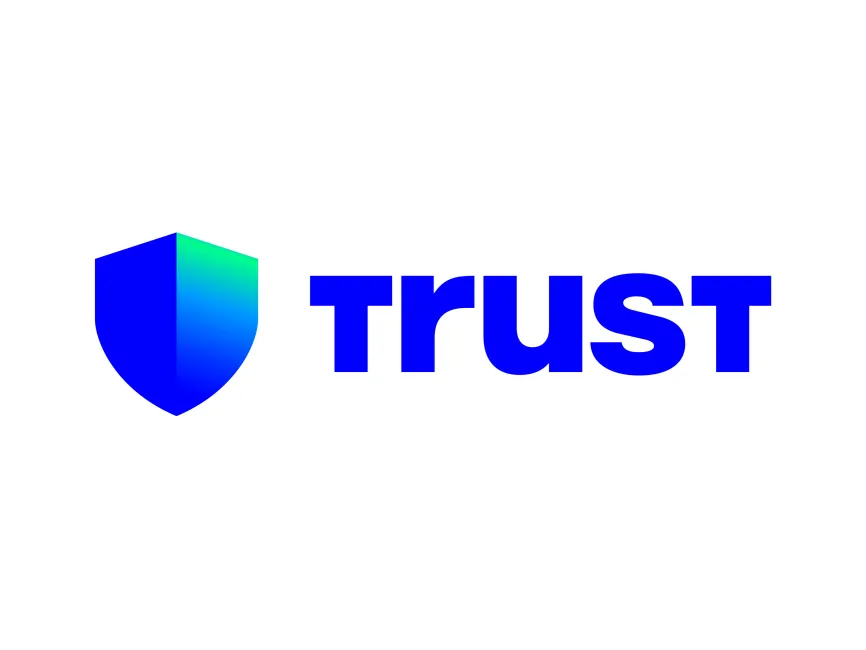
Electrum
Electrum is a lightweight, open-source Bitcoin wallet focused on speed, security, and usability.
Overview
Electrum is a lightweight Bitcoin wallet designed to provide fast, secure, and reliable access to Bitcoin funds without requiring users to download the entire blockchain. It achieves this by using Simplified Payment Verification (SPV) to verify transactions through decentralized Electrum servers that index the Bitcoin blockchain. This architecture allows Electrum to offer instant wallet startup and transaction verification while maintaining user control over private keys.
The wallet supports advanced features such as multisignature wallets, cold storage with watching-only wallets, and hardware wallet integration. Private keys are encrypted and never leave the user's device, enhancing security. Electrum also supports exporting private keys for interoperability with other Bitcoin clients. It is available across multiple platforms including Windows, macOS, Linux, and Android, with installation options ranging from precompiled binaries to running from source.
Electrum stands out for its strong emphasis on security, including GPG signature verification of releases, reproducible builds, and a decentralized server network to avoid downtime. It is open source under the MIT license and maintained by Electrum Technologies GmbH. The wallet is widely adopted with over a million users globally and is supported by an active developer community. Developers can contribute or customize Electrum by building from source, and extensive documentation and community resources are available to assist users and developers alike.
The Problem
Bitcoin users need a secure, fast, and reliable wallet that does not require downloading the full blockchain. Many wallets compromise on security or decentralization by relying on centralized servers or exposing private keys. Users also face challenges managing multisignature setups and cold storage securely.
The Solution
Key Features
Cross-Platform Availability
Available on Windows, macOS, Linux, and Android with multiple installation options including binaries and source builds.
Electrum Alternatives
Explore web3 competitors and apps like Electrum.

Trust Wallet
Pricing
Free | |
|---|---|
| Price (Monthly) | Free |
| Price (Annual) | Free |
| Messaging | N/A |
| Support | Community support via GitHub, IRC, Reddit, and forums |
| Analytics |
Start Building Now
Reliable RPC, powerful APIs, and zero hassle.
Resources
Electrum provides extensive resources including official documentation, community forums, IRC channels, and GitHub repositories for development and support.









